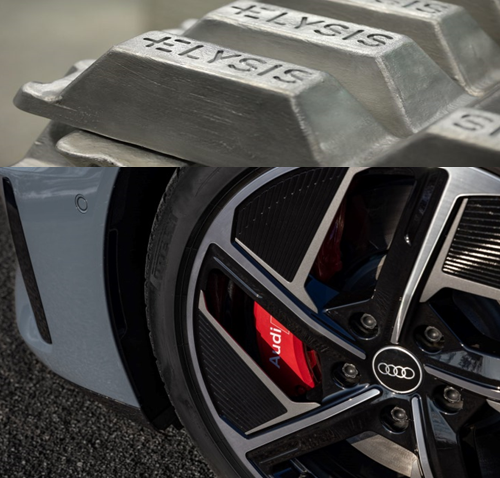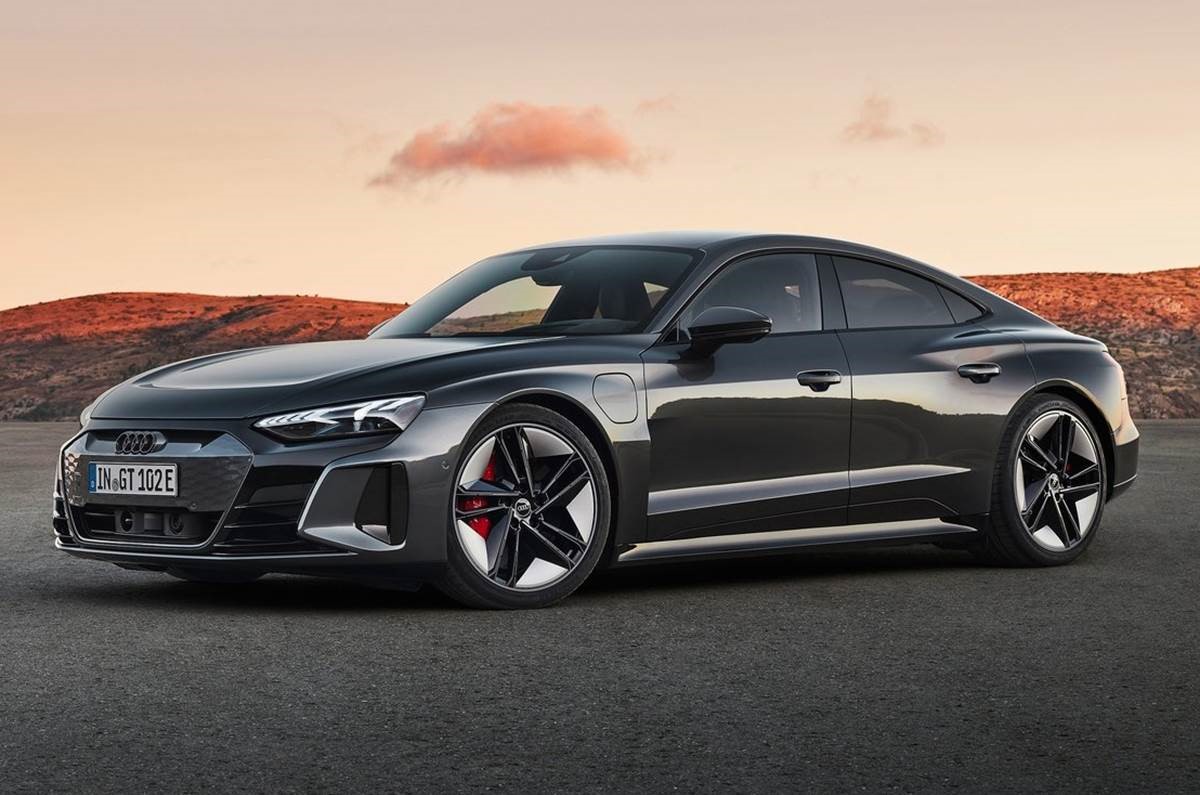

The leading manufacturer in the international market for light alloy wheels for passenger cars and commercial vehicles, Ronal Group is supplying wheels for Audi’s new e-tron GT electric sports sedan, which are manufactured using Alcoa’s disruptive technology for the aluminium smelting, Elysis low-carbon smelting process that slashes carbon dioxide emissions from their production by 75%. According to Ronal, the outcome is 40 kg (88 lbs.) of CO2 emission per wheel, in comparison to the average of 163 kg per wheel, which remains the average for European production.

However, the company said it buys carbon offsets for the remaining 25%, leading them to claim carbon neutrality for the wheels, even if not purchased offsets should count, the 75% reduction is still a great accomplishment.
In Landau, Germany the wheel company, Ronal manufactures using 100% green electricity, though it doesn’t clarify the source or type of energy production. The wheels are made of aluminium that includes some which are recovered from pre-consumer and post-consumer aluminium scrap.

Marco Philippi, Audi AG’s Head of Procurement Strategy, said: “Aluminum is the focus of our CO2 program because producing this material requires high energy input. We are therefore actively searching for innovative processes that help reduce CO2 emissions as early as possible in the creation process. These kinds of innovations allow us to increase our sustainability performance in the supply chain and ensure that our models arrive at the customers with a smaller carbon footprint.”
As reported by Alcoa. “The Elysis smelting technology causes no direct CO2 emissions when compared to the traditional process used to make aluminium. The process uses a so-called inert anode that replaces the carbon anodes that are traditionally used during the electrolysis makes primary (non-recovered or recycled) aluminium. An inert anode is insoluble in the electrolyte under the conditions during electrolysis.”
According to Audi, the e-tron GT’s wheels are manufactured using Alcoa’s low-carbon EcoLum metal, which emits less than 4.0 metric tonne of CO2e for every tonne of metal produced, which includes both direct and indirect emissions across the entire production chain comprising bauxite mining and alumina refining.
Patrick Lämmli, Ronal Executive Vice President Group Sales, said: “One focus of our sustainability strategy is reducing our CO2 emissions, which we plan to halve by 2030. In recent business years, we have already reduced the ecological footprint per wheel, mainly by purchasing aluminium produced with renewable energy.”
Tim Reyes, Alcoa’s Chief Commercial Officer and Executive Vice President said: “We’re proud to help the industry take another step forward to lower the carbon footprint of global supply chains. Our partnership with the Ronal Group in supplying Audi with sustainable solutions helps make an innovative vehicle even more exciting for consumers.”



Responses






